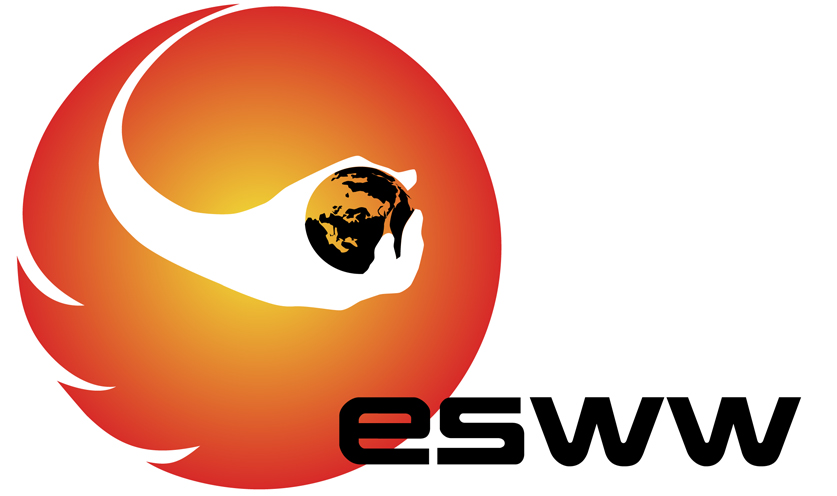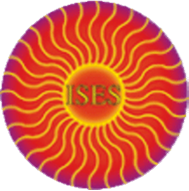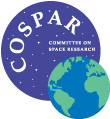
16-20 November, 2009 - Brugge, Belgium
Debate
Space Weather and the Earth's Climate
What are the influences & the effect of an unusually deep solar minimum?
The solar influence on earth's climate is the subject of several scientific discussions. At the same time, people worry about the actual solar minimum and the absence of sunspots.
Abstract
The modulation of Earth's climate by solar activity has long been a subject of great interest in the specialist scientific community. That interest has become much stronger in recent years because it is an important contribution to the wider scientific and political debate on climate change. The fundamental challenge is, of course, to identify and understand physical processes through which solar activity might influence the climate - and to compare and contrast these with the influence of greenhouse gases. Many scientists have sought to address this challenge by invoking processes affected by space weather, e.g. vertical coupling between the lower and upper atmosphere, the influence of galactic cosmic rays on atmospheric processes such as cloud formation and lightning, the production of nitrogren oxides in the middle atmosphere by solar energetic particles. There is now a considerable body of work on these topics and some good evidence that space weather effects play at least some role in climate change, but as yet no scientific consensus on the role of space weather in climate change.
The unusually deep and extended solar minimum that we are now experiencing provides a timely opportunity to test some of the theories on how space weather could affect climate. For example, this minimum has been accompanied by unusually large fluxes of cosmic rays reaching the Earth. Thus the next few years should see some important scientific results as experts assess how the climate system might have responded to this unusual solar minimum and compare with what actually happened.
This debate seeks to raise public awareness of the scientific issues surrounding the influence of space weather on climate. We bring together a number of experts working on different aspects of climate change and space weather influences on climate. They present and debate their different views on the state of current knowledge and, we hope, outline ways in which scientific knowledge can be expanded and tested. The aim is to demonstrate how the space weather community can provide concrete scientific evidence that can aid the wider policy debate on climate change.
The panel
The format is a panel of scientists selected to cover a broad range of viewpoints: solar physics, climatology, climatesceptic, non-climatesceptic.
Prof. Henrik Svensmark: effects of cosmic rays on cloud formation.
Prof. Mike Lockwood: broad expertise in solar influences and in solar physics.
Prof. Kalevi Mursula: expert in long-term changes in the Sun and its effects in the heliosphere and in the near-Earth space and climate.
The moderator
The moderator is Dr Stuart Clark, a science journalist and author of a book on the grandfathers of space weather "The Sun Kings", www.stuartclark.com.
He is a Visiting Fellow of the University of Hertfordshire and has published several articles about the possible solar influence on climate.
We expect a lively debate addressing these topical issues.
Practical
Tuesday Nov 17, 2009 from 18:30-19:30. It is a one-hour scientific debate open to the press, to the public and to the scientific community.
 |
 |
 |
 |
 |
 |
 |